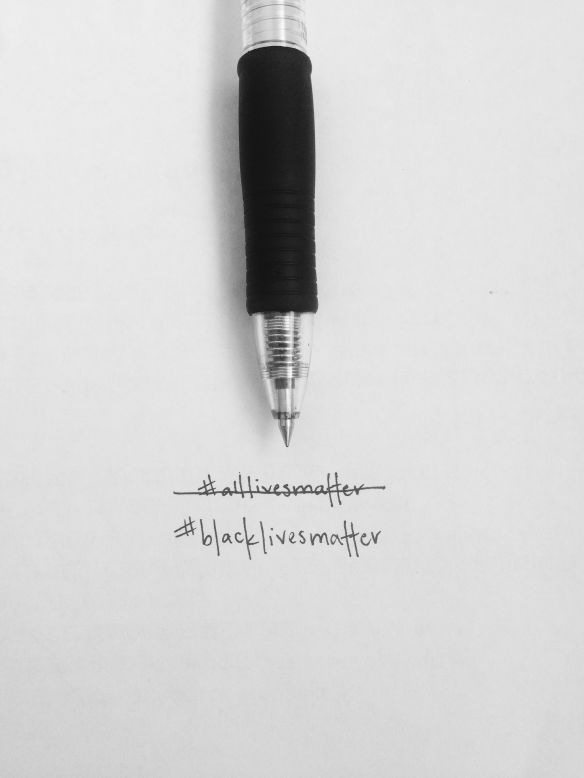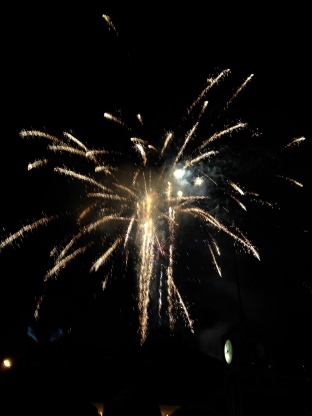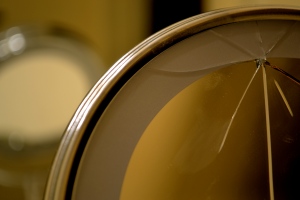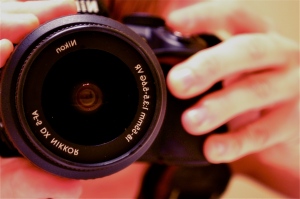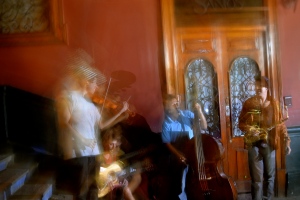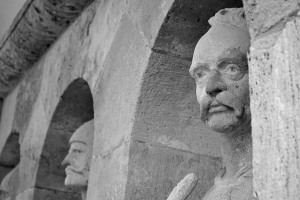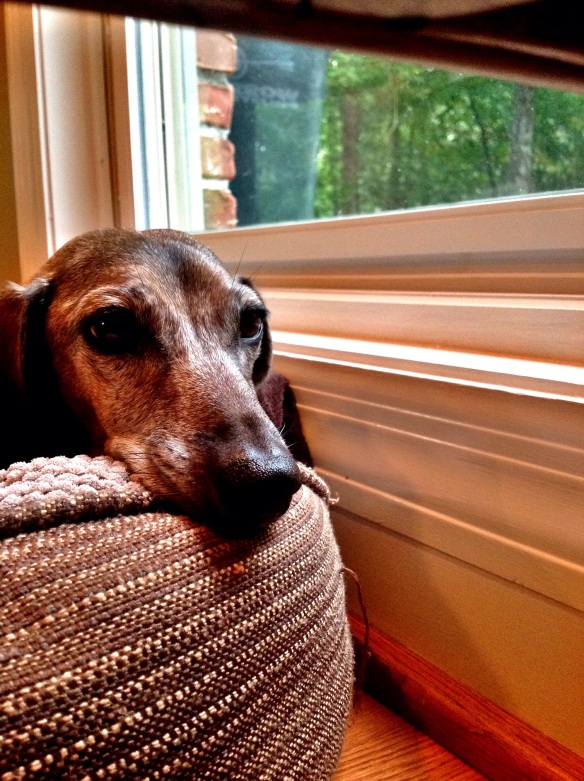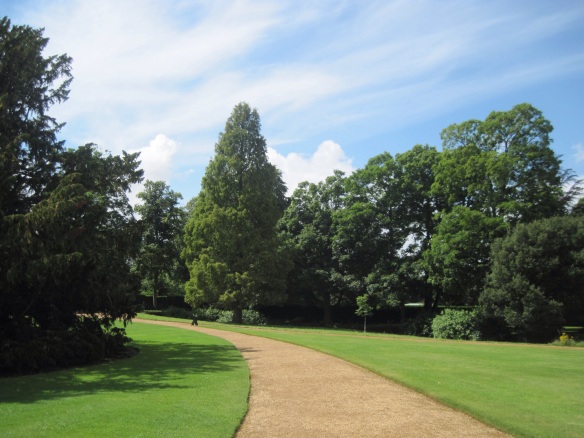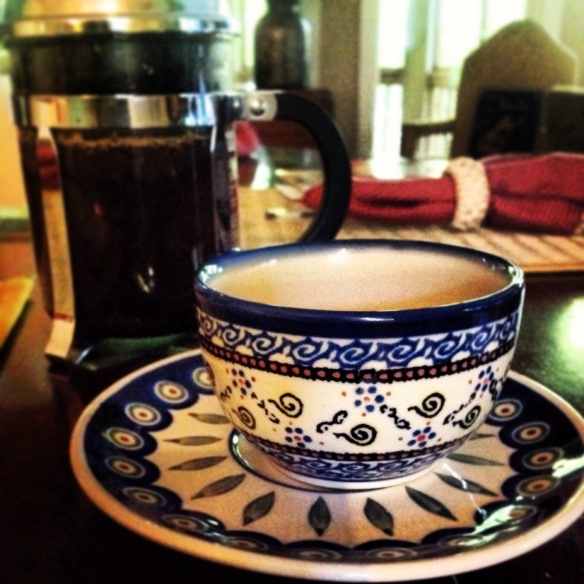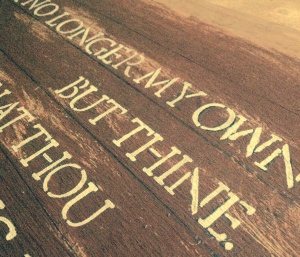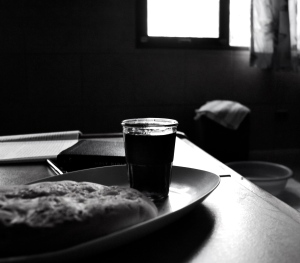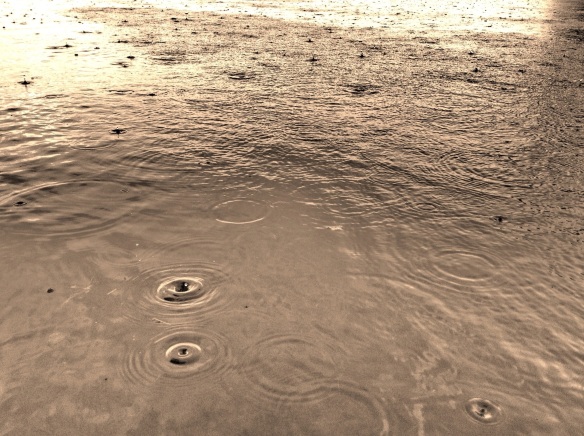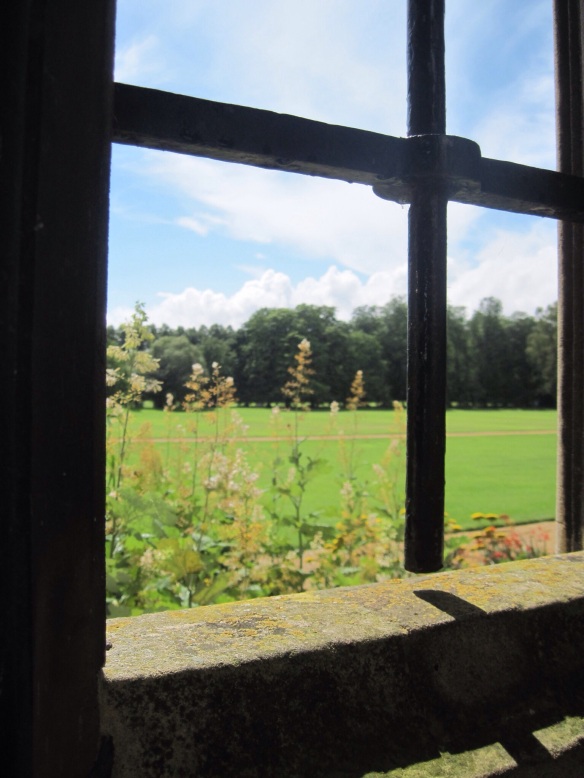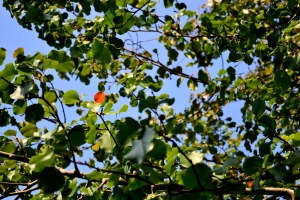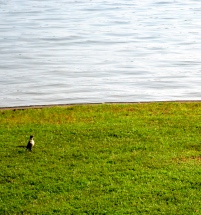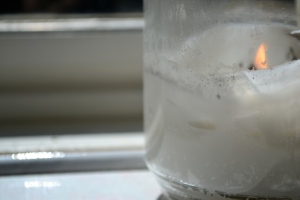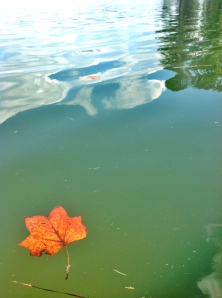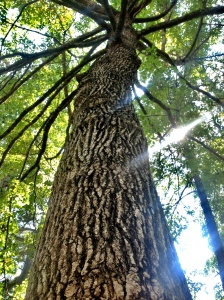I struggle to know what to say in light of recent conversations concerning race in the U.S.
I’m a white girl raised in an upper-middle class home in the South, of all places. What could I possibly have to say about race that would be helpful?
As I’ve seen many of my other white brothers and sisters saying the same thing, it’s understandable that there’s a certain fear that accompanies these conversations. They’re emotionally charged as a result of such an offensive history in our country. Many well-meaning white people have migrated to the opposite extreme of our ancestors and decided the appropriate response to racial tensions is to sit down and shut up, the way a dog huddles beneath a table in shame after biting someone in the rear.
Well-intended though it may have been, our hiding has done little to do away with racism.
You may gawk at the suggestion, citing obvious things like abolition and anti-discrimination laws, and while those are marks of progress, in light of recent events we have to acknowledge the big, black elephant in the room: racism still exists.
If you think it doesn’t, let me assure you: we are most at risk when we think we don’t have a problem.
If you know cancer is growing in your body, you do something about it. You get chemotherapy, undergo radiation, and take care of yourself. Cancer is much more deadly when it sits beneath the surface, imperceptibly growing into multiple parts of your body until you begin to suffer, or until it kills you altogether.
Our silence has fed a silent, deadly killer. That’s why it’s important that we white people who “have nothing to say” start how-now-brown-cowing and speaking up for those who have been victims of our silence, especially those of us who follow Jesus. Saying nothing is saying something, and it’s a something I don’t want to say.
While it’s by no means comprehensive, I made my own White Person’s Guide to Speaking Up Against Racism in 21st Century America. Let’s not be silent any longer.
1. White people should ask questions.
I felt a sense of relief when I realized that what I say in regards to racism doesn’t have to be solution-oriented. That’s white hegemony talking, buying into the idea that because we are white, others look to us for answers.
We don’t have to have answers before we say something – we can speak in order to learn, too. Good questions to start with:
- Would you like to be friends?
- How can I love you better as a person of a different ethnicity or race?
- Have you noticed me doing anything that’s offensive to you?
- Would you help me understand how I might be treating you unequally?
- What do we have in common?
2. White people should acknowledge our silence and ask forgiveness.
For those doing our best to imitate Christ, the soil is fertile. We have an opportunity to empty ourselves of our white privilege, to “make ourselves nothing, by taking the nature of servants,” (Phil. 2) by saying things like:
- I am so sorry for being silent. I promise to speak against any form of hatred I see from now on, because what happens to any of my brothers and sisters happens to me, too. Will you forgive me for not openly standing with you sooner?
- I admit I have not regarded you as my equal and have refused to search for ways I might be endorsing racist attitudes and behaviors. Will you forgive me and help me grow?
- I am sorry for what happened in Charleston, Ferguson, and everywhere else where people have been marginalized based on skin color alone. Black lives do matter. The lives lost in Charleston matter. Your life, your feelings, your voice – they all matter.
3. White people should hold each other accountable.
We have a responsibility to one another and to our brothers and sisters of other races, especially our African American family, to have a zero-tolerance policy of racist remarks and microaggressions coming from other white persons.
If you see someone say #AllLivesMatter, resist the urge to say, “Duh, all lives matter, but that’s not the DUH-king point! /facepalm,” and help them understand that #BlackLivesMatter is an agreement that black lives are just as important as all other lives, and an insistence that current systems should treat them as such.
Help your mistaken white friend understand that by saying #AllLivesMatter, she is discounting and brashly dismissing the unfair categorization, hurt, and discrimination African Americans have dealt with for years in a system that criminalizes more black men than white men and stereotypes & stigmatizes black women.
Help your white friend understand he’ll never know what it feels like to be slave to generalizations or stereotypes that force black men to earn the respect he is naturally given because he’s white.
And for Pete’s sake, do not let anyone get by using offensive terms that start with N’s or referring to a historically African American neighborhood with a word that rhymes with Gapetto.
4. White people should seek to identify our problem areas, not defend our innocence.
The appropriate response to these conversations is not, “This doesn’t apply to me. I’m not racist.” A better response is to humble ourselves and ask, “Am I racist, or reinforcing racist attitudes or beliefs in any way?”
We will eliminate racism much more quickly if we try to identify where we are in the wrong rather than immediately claiming our innocence. There’s no danger in honest self-examination. (But there is much to be gained.)
5. White people should seek to reconcile in our everyday lives.
Finally, and this is where I am most guilty, we should seek to diversify our lives. I loved Momastery’s response to the Charleston shooting – she admitted that she didn’t have a single black friend and that was part of the problem.
Are we saying we support integration with our mouths while we support modern-day segregation with our lives?
One of the quickest ways we’ll overcome negative attitudes toward other races in America is by getting out of our bubbles and into each other’s lives.
- Are we worshiping with believers of other races?
- Are we friends with people who are like us in every way, or do we seek to befriend and learn from people of other colors, religions, and opinions?
- Do we live in white, Suburban paradise and avoid those “other parts of town” at all costs?
- Do we send our children to mostly white schools miles away from the nearest public school because it’s better, cleaner, or safer?
While I feel a little foolish for writing a random blog about something I feel I have no authority to speak on, I think I’d feel worse for continuing to say nothing.
To all my black friends and family in Christ, I am sorry. I promise to try with all my might to support you and love you in every way I’ve written and more. I’ll try to honor the lives of the nine saints lost in Charleston not only with my lips, but in my life. Your lives matter. Black lives matter. I’m standing with you.
What about you? What would you add to this list of ways we can appropriately respond to conversations about race? How will you try to live differently to eliminate racism and love everyone equally?

